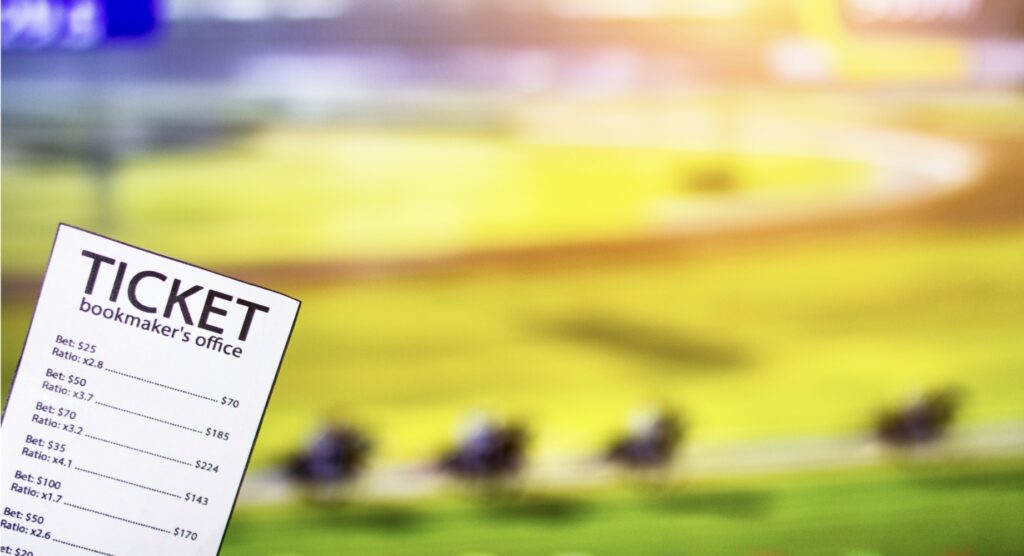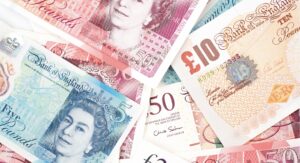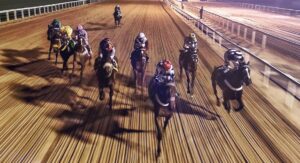Bookmakers and Betting Exchanges
The following article presents an overview of the UK bookmaking industry, outlining its benefits to punters, drawbacks and its unique way of operating which differs from most other countries. Areas touched on in this article include fixed odds, betting exchanges, best odds guaranteed, early morning prices and account restrictions.
Fixed Odds
Unlike a lot of international betting markets, the UK bookmaking industry works with the option of fixed odds and Tote betting. Fixed odds allows bettors to ascertain the exact return they will receive for their bet upon placement.
Obviously the odds can fluctuate, but the advantage of operating in the fixed odds market is that gamblers can take a price of a horse they perceive to be ‘value’. The alternative is to take the starting price (SP), which is the final price available as the race commences.
In many foreign countries such as France, bets struck on the horses are conducted through the medium of the ‘pari-mutuel’ – a totalisator system.
Bets can be placed on each individual horse and then the odds of that horse is determined when the race is underway, by dividing the sums placed on each horse by the total number of runners and then taking off the pool commission. This method does not allow the bettor to view the odds they will receive if their selection wins upon bet placement.
The unique nature of the UK bookmaking industry in offering fixed odds on all UK racing, gives the opportunity to find stand out bets, knowing the exact return that will be in the offing, should the selection be successful.
Betting Exchanges
The advent of betting exchanges has caused a dramatic restructuring to the UK betting landscape.
Betting exchanges enable punters to bet against each other and allow individuals to bet on horses to lose. The sites make their money by taking a commission from each winning bet. Bookmakers that offer generally better odds due to lower margins tend to become integral in influencing the price of horses in every race.
They also enable punters to strike bets ‘in running’, as the races are in the process of being run. This factor plays an integral part and forms the basis on which a large percentage professionals make their money, as becoming accustomed to a horses mentality, running style and the way the race is going to be run from a pace perspective, is a skill which can lead to a healthy profit being achieved.
Trading horses works much in the same way as the stock market, effectively buying low and selling high or vice versa, with the intention of securing a guaranteed profit. See our Trading In Running On Horse Racing article for more information.
Alternatively, jump right into the best betting exchanges with our top bookmakers for horse racing.
Best Odds Guaranteed (BOG)
In an ultra-competitive market environment, bookmakers from around the UK and Europe have looked for a unique selling point to attract custom. What started as an attractive incentive offered by a few, has turned into par for the course. We are talking about Best Odds Guaranteed – a concession that the vast majority of firms now offer.
This offer gives bettors the advantage of obtaining the best of two prices:
- The odds taken by the customer upon striking a bet
- The starting price (SP) of that horse
All that needs to be said here is that Best Odds Guaranteed should always be sought out. Whilst the price you obtained when striking your bet seemed like ‘good value’ (that is why you would have placed the bet in the first instance!), strange things such as uninformed Channel 4 pundits making negative comments about said horses chances, rumours about the animal’s wellbeing and other factors can lead to market drifts.
These concerns/opinions that can influence a horse’s price in a negative manner are sometimes unjustified, therefore it would be folly not to have the option of obtaining the best final price if this situation were to arise.

Early Prices
Several firms have now started offering odds on races the night before the meetings start. This has been common practice for big meetings/festivals or high-class racing where the potential for corruption is low and form knowledge of the horses is generally high.
However in recent times, there has been the addition of markets for the bread and butter racing and by providing odds on the lower grade midweek fare, the bookmakers are primarily achieving two goals;
- Clever marketing by offering a service/option that other firms are unable or unwilling to do
- Gauge which horses they may have mispriced, as they are likely to see plenty of interest from punters
To elaborate on the second point briefly, the limits set by the odds compilers of the firms offering the overnight and early prices are so low (typically £50-£100) that any mistake in terms of pricing up a horse incorrectly, can be quickly rectified with only minimal financial liability.
Quite simply, it is devilishly hard to get a significant bet on the night prior or even very early on the morning of the racing, as there are not enough other firms offering the same markets and essentially the odds compilers do not have enough faith in their own work to stand by it bullishly, often cutting the price of a horse who sees even a modicum of support from those ‘in the know’.
The advantage of obtaining the early morning prices, especially when offered by BOG bookmakers (those mentioned above both fall into that category) is that value can be obtained by spotting odds compiler errors. As mentioned, getting a sizeable stake on can be difficult, but can be achieved through numerous aliases and the use of all of the bookmakers offering similar early prices.
As with most markets, the more knowledge and information available, then the more accurate said market is. Early in the mornings is when the lack of complete information can be exploited.
Account Restrictions
Of course, whilst these UK bookmakers (I use that term loosely as they are generally located abroad to avoid tax!) have their benefits – fixed odds, BOG and the like, they also have their drawbacks.
These customers are seen as shrewd, as they are often spotting the mispriced horses and obtaining the ‘value’ price, or are privy to tipping lines and the like which through sheer weight of money can move markets.
These accounts can quickly become ‘restricted’ or closed completely, and whilst receiving an email from a bookmakers trading department stating that you are unprofitable for their business, can be an ego boost and an implication you are doing something right, it is hassle as requires you to open a new account under a different name.
The whole process is a game of cat and mouse, with professionals often placing their bets through a variety of aliases and over a number of bookmakers. The main advice here for those that do become profitable, is to spread stakes in order to ‘get in under the radar’.




